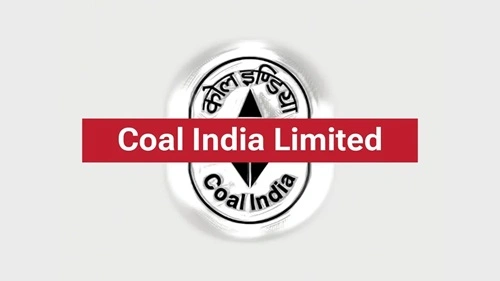How does a contract manager secure favourable terms while keeping all parties satisfied? The answer lies in strong negotiation skills. If you are preparing for a contract management role and have earned a Contract Management Certification, mastering negotiation and answering related interview questions is crucial.
Negotiation underpins contract management. From dealing with vendors to internal stakeholders, skilled negotiators balance organisational goals with maintaining relationships. This blog covers key Contract Manager Interview Questions on negotiation skills and how to approach them.

Table of contents
- 6 Negotiation Questions Every Contract Manager Must Master
- Conclusion
6 Negotiation Questions Every Contract Manager Must Master
Let us explore some of the most asked questions about negotiation skills and how to handle them:
1. Can you share an example of a successful negotiation you led?
Employers want to hear about real world scenarios where your negotiation skills made a difference. Think about when you turned a challenging situation into a winning outcome.
How to Answer: Begin by briefly describing the context of the negotiation. Outline the challenges, the goals you set, and the strategies you used. Conclude with the results—did you save costs, improve terms, or strengthen relationships?
Example Response: “During a vendor agreement negotiation, I discovered areas where they could offer additional services at no extra cost. By presenting market comparisons and showing mutual benefits, I secured those add-ons while ensuring a positive partnership. It saved our organisation 10% on the overall project.”
2. How do you prepare for a high-stakes negotiation?
Success and failure vary in their preparation. Employers want to know your process for approaching negotiations strategically.
How to Answer: Explain how you research the other party’s objectives, assess the strengths and weaknesses of your position, and plan alternatives.
Example Response: “I always start by analysing the other party’s priorities, studying past agreements, and setting clear objectives. I prepare fallback options to ensure flexibility and use data-driven insights to strengthen my case.”
3. What do you do when negotiations hit a deadlock?
Deadlocks happen, even to the best negotiators. Employers are keen to see how you can de-escalate tensions and keep discussions moving forward.
How to Answer: Show your ability to stay calm, listen actively, and identify solutions that align with everyone’s interests.
Example Response: “During a deadlock, I actively listen to understand underlying concerns. I then reframe the discussion around shared goals or propose creative compromises. For instance, I once resolved a pricing dispute by offering phased payments, which satisfied both sides.”
4. How do you ensure both parties feel satisfied after a negotiation?
Negotiation is about creating value. Employers appreciate candidates who prioritise relationship-building.
How to Answer: Talk about how you focus on fairness and transparency while keeping long-term partnerships in mind.
Example Response: “I ensure both parties feel heard by fostering open communication and proposing solutions that align with mutual interests”.
5. What strategies do you use to stay confident during tough negotiations?
Confidence can sway the outcome of negotiations. Employers want to see how you maintain composure under pressure.
How to Answer: Discuss techniques like thorough preparation, focusing on facts, and controlling emotions.
Example Response: “I stay confident by preparing thoroughly and anticipating counterarguments. I remind myself to focus on the data and take a collaborative approach, which helps ease tensions and builds trust.”
6. How do you handle difficult stakeholders during negotiations?
Even the finest negotiators can be challenged by difficult stakeholders. Employers want to see your competent handling of these circumstances.
How to Answer: Explain your approach to understanding their perspective, staying calm, and finding ways to align their interests with organisational goals.
Example Response: “I remain calm and focus on understanding the stakeholder’s concerns. I address their issues by presenting clear, data-backed solutions and involving them in creating workable outcomes. For example, I once turned an oppositional stance into support by involving the stakeholder in designing a mutually beneficial timeline.”
Conclusion
Contractual management depends on negotiating skills. Highlighting your skills during interviews can help you stand out among the other candidates. Employers want to see your ability to solve problems, create value, and foster trust in every agreement you manage. To expand your knowledge, explore The Knowledge Academy, which provides free resources for enhancing your negotiating and contract management skills.

